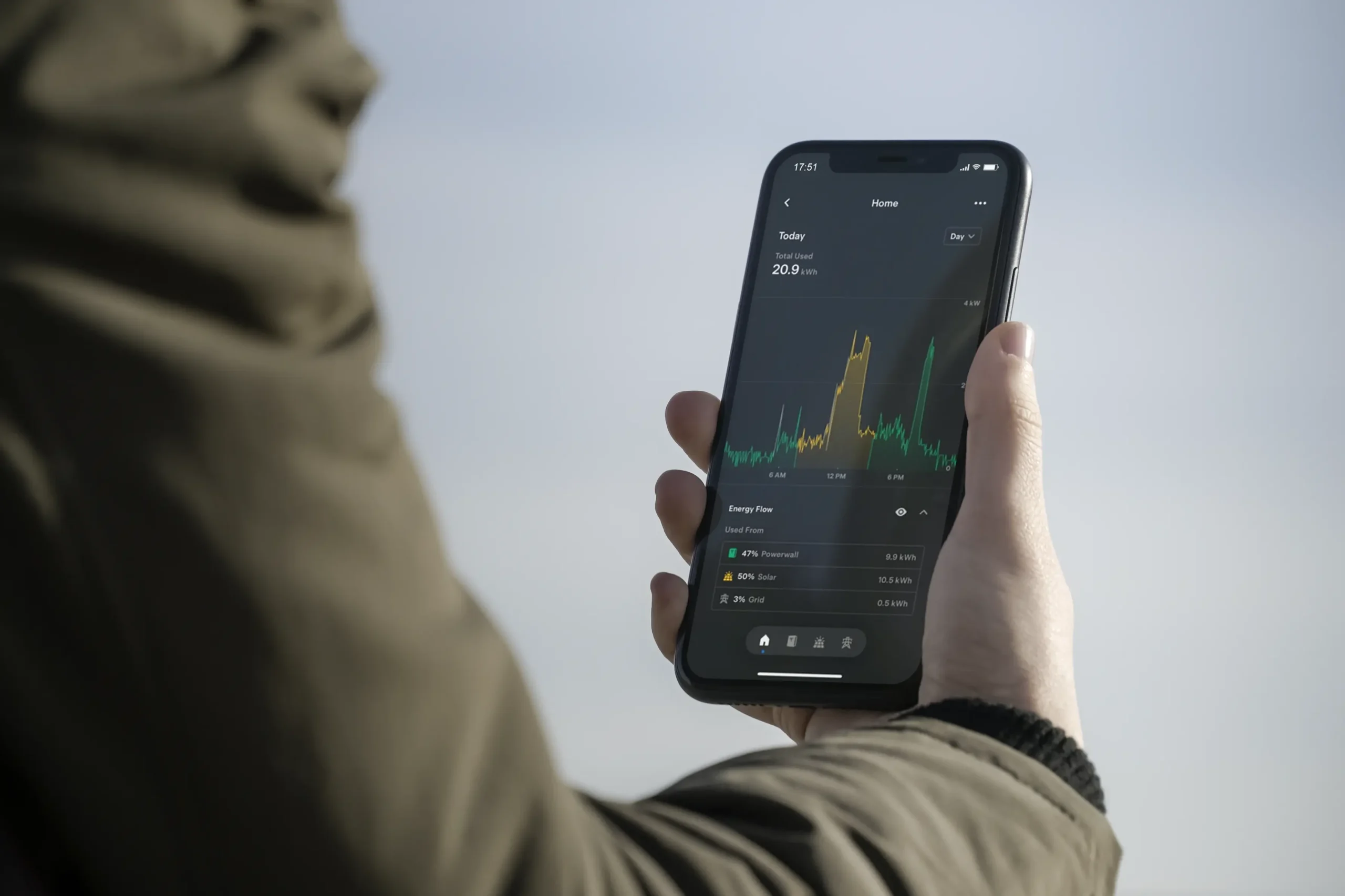
We begin with a personalized consultation, where we assess your home or commercial property’s energy needs and goals. We listen carefully to understand your vision, ensuring we design the right solar solution for you.
Built for independence. Engineered for peace of mind.
Goldin Solar designs solar systems that secure your home and maximize your property’s potential by minimizing energy expenses, providing uninterrupted power and energy independence.
residential
Secure your home with solar solutions designed for resilience. Keep your family safe and powered, no matter the external challenges. Goldin Solar provides systems that ensure you are always in control of your energy future. Flexible financing options make it easy to transition to solar with predictable monthly costs.
commercial
How much income are you generating with your roof? Maximize your commercial property’s ROI with solar solutions that generate reliable income. Reduce operational costs while increasing property value with custom solar systems designed for performance and long-term financial returns.
what we offer
Goldin Solar designs solar systems tailored to your needs – built to last and deliver energy independence. Whether securing your home or boosting your commercial property’s ROI, our systems are engineered to perform through Florida’s toughest conditions.
Energy
Goldin Solar designs and installs solar systems that are built to last. Tailored for your specific needs, whether for your home or commercial property, our solutions deliver lasting performance and resilience.
Storage
Goldin Solar offers advanced energy storage solutions, including Tesla Powerwall 3 and Sol-Ark, to ensure your home or business remains powered during outages. Enjoy peace of mind knowing your energy needs are always met.
Performance
Maximize your energy potential with PowerShare. By connecting your solar system to your electric vehicle, you increase your storage capacity, ensuring a steady, reliable flow of energy.
Reliability
Goldin Solar’s Premium System can be monitored in real-time from your phone or your computer.
Reliability
Goldin Solar’s Premium System can be monitored in real-time from your phone or your computer.
Security
We’re committed to your energy independence. Should an issue arises, our expert team is available to service your system – no matter who installed it.
seamless – efficient – reliable
At Goldin Solar, we make the transition to solar energy simple and stress-free. From your initial consultation to ongoing support, our team works alongside you to ensure a smooth, transparent experience every step of the way. Here’s how it works:

We begin with a personalized consultation, where we assess your home or commercial property’s energy needs and goals. We listen carefully to understand your vision, ensuring we design the right solar solution for you.

Our expert engineers create a tailored solar system designed for maximum performance, efficiency, and durability. Every system is carefully crafted to endure Florida’s toughest weather, providing long-lasting protection and energy independence.

Our team handles the installation with minimal disruption. We ensure everything is done to the highest standards, guaranteeing your solar system operates efficiently and reliably from day one.

Once your system is live, we provide continuous monitoring to ensure optimal performance. Our dedicated team is always on hand for any maintenance or support needs, so you can enjoy peace of mind knowing your system is in expert hands.